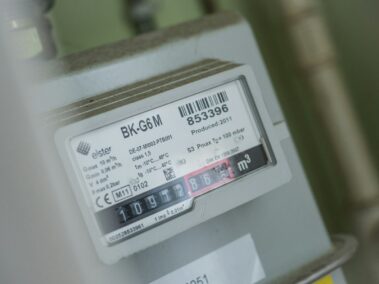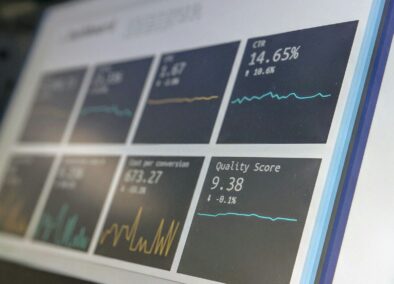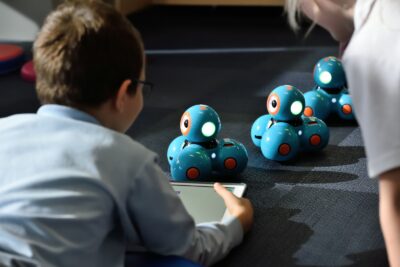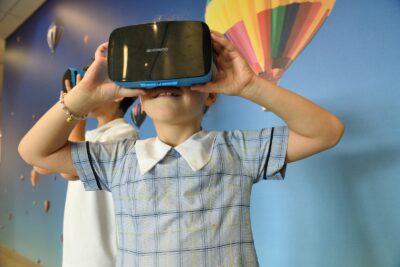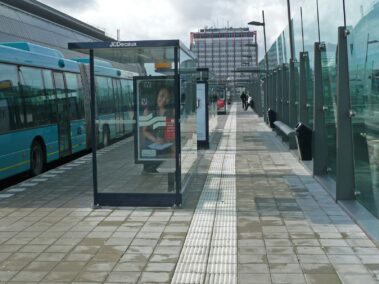Transforming Education with 5G in Riyadh and Dubai
The implementation of 5G-enabled interactive learning tools is set to revolutionize the education sector, especially in the technologically progressive regions of Saudi Arabia and the UAE. By providing faster and more reliable internet connectivity, 5G technology enhances the quality and accessibility of educational resources. This transformation is crucial for fostering a more engaging and effective learning environment, thus ensuring that students in Riyadh and Dubai are well-prepared for the demands of the future workforce.
Enhanced Learning Experiences
The advent of 5G technology brings with it the potential for significantly enhanced learning experiences. In the bustling cities of Riyadh and Dubai, educational institutions can leverage 5G to implement interactive learning tools that offer real-time, high-definition streaming of lectures, virtual reality (VR) classrooms, and augmented reality (AR) learning experiences. These tools can make abstract concepts tangible, provide immersive experiences, and cater to different learning styles, thereby improving comprehension and retention among students.
Virtual and Augmented Reality in Education
Virtual and augmented reality are among the most promising applications of 5G in education. With VR, students can explore historical sites, conduct virtual lab experiments, or even travel through the human body in biology class. AR, on the other hand, can overlay digital information onto the physical world, enhancing textbooks with 3D models and interactive content. These technologies, powered by the low latency and high bandwidth of 5G, can make learning more engaging and interactive, helping to stimulate students’ interest and curiosity.
Real-Time Collaboration and Feedback
5G-enabled tools facilitate real-time collaboration and feedback, which are critical components of effective learning. Teachers and students in Saudi Arabia and the UAE can engage in live discussions, share resources instantly, and collaborate on projects regardless of their physical location. This capability is particularly beneficial in higher education and executive training programs, where timely feedback and collaboration are key to success. By bridging the gap between remote learners and educators, 5G can ensure a more inclusive and interactive educational experience.
Driving Educational Equity
One of the most significant impacts of 5G technology in education is its potential to drive educational equity. In regions like Riyadh and Dubai, where there is a strong emphasis on quality education, 5G can help bridge the gap between urban and rural areas, providing equal access to advanced learning tools. This democratization of education ensures that all students, regardless of their geographic location, have access to the same high-quality resources and opportunities.
Access to Global Resources
With 5G, students in remote areas can access global educational resources, including online courses, international lectures, and virtual exchange programs. This access not only broadens their learning horizons but also exposes them to diverse perspectives and cultures, fostering a more global outlook. For educators, this means the ability to incorporate a wide range of resources into their curriculum, enhancing the overall educational experience and preparing students for a globalized world.
Support for Special Needs Education
5G technology also holds promise for special needs education, providing tools that can cater to diverse learning requirements. Interactive learning tools can be customized to suit individual needs, whether through speech-to-text services, interactive sign language tools, or personalized learning modules. This inclusivity ensures that all students, including those with special needs, receive a comprehensive and effective education, empowering them to achieve their full potential.
Conclusion: Embracing the Future of Education with 5G
In conclusion, the integration of 5G-enabled interactive learning tools is poised to transform the education sector in Saudi Arabia and the UAE. By offering enhanced learning experiences, driving educational equity, and providing tools that cater to diverse needs, 5G technology can help create a more engaging, inclusive, and effective educational environment. For business executives, mid-level managers, and entrepreneurs, investing in these innovations is not just about technological advancement; it is about preparing the next generation for the future workforce.
As educational institutions in Riyadh and Dubai continue to embrace 5G technology, the possibilities for innovation and improvement are limitless. From virtual reality classrooms to real-time collaboration tools, 5G is set to redefine the boundaries of education, making it more dynamic, interactive, and accessible. By staying ahead of these trends, educators and policymakers can ensure that students are equipped with the skills and knowledge needed to thrive in an increasingly digital world.
Looking forward, the continued development and adoption of 5G will undoubtedly open new avenues for educational innovation. As we embrace this technological transformation, it is crucial to focus on creating a robust infrastructure and providing training for educators to effectively utilize these tools. By doing so, we can maximize the benefits of 5G and ensure that our education systems are well-prepared to meet the challenges and opportunities of the future.
#5GInteractiveLearning, #EducationInnovation, #BusinessSuccess, #ChangeManagement, #ExecutiveCoaching, #EffectiveCommunication, #LeadershipSkills, #ProjectManagement, #ArtificialIntelligence, #Blockchain, #Metaverse, #GenerativeAI, #Riyadh, #Dubai, #SaudiArabia, #UAE






